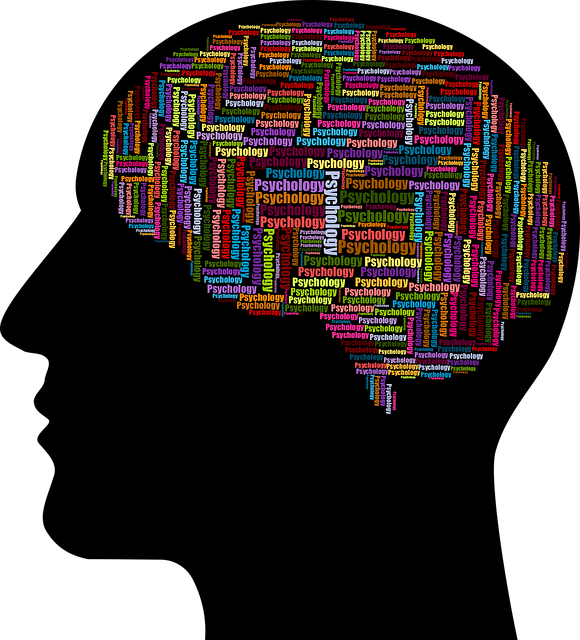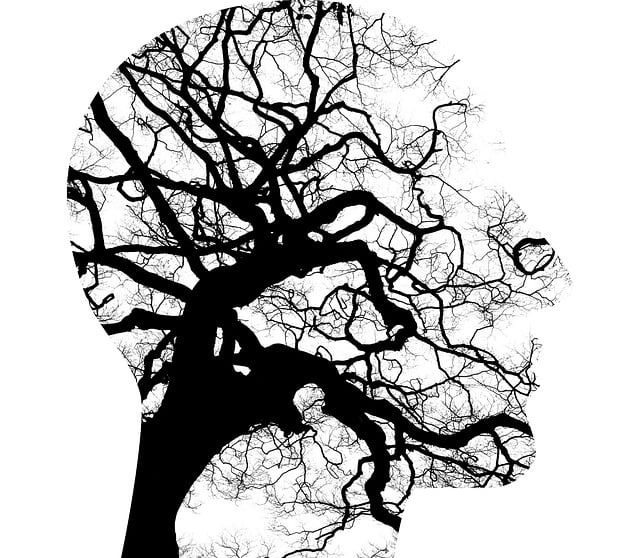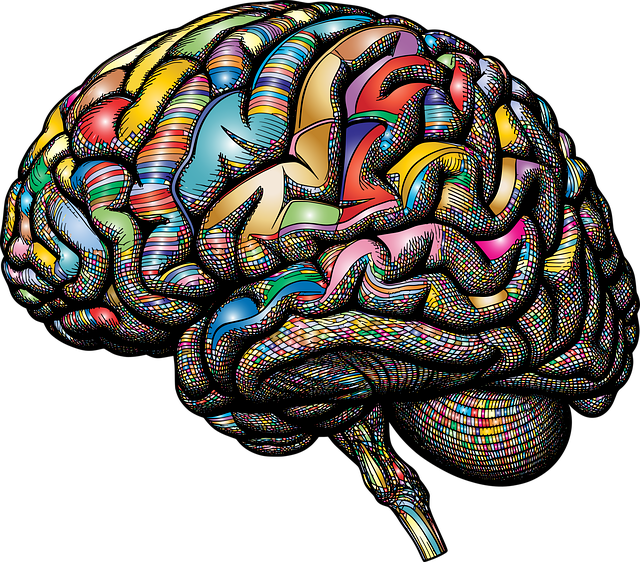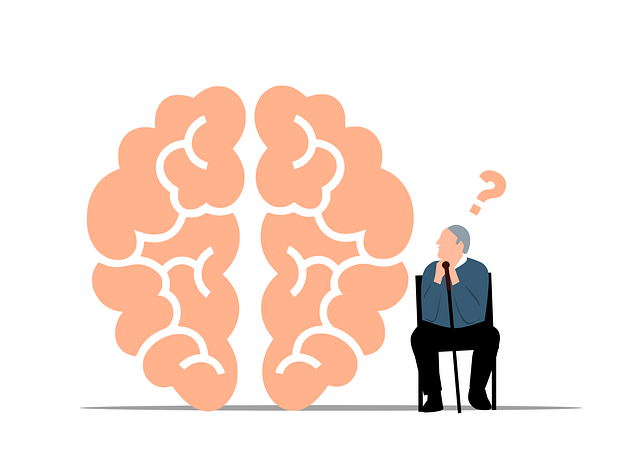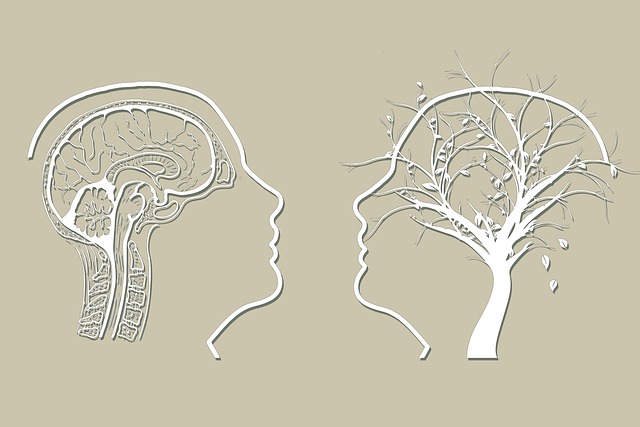Understanding mental health data through various sources like clinical assessments, patient surveys, medical records, and social media activity is crucial for analyzing trends, behaviors, and outcomes. For instance, Centennial Conduct Disorder Therapy (CCDT) offers unique insights into youth challenges. Integrating multi-faceted data points enables effective risk assessment and targeted interventions, enhancing well-being outcomes. Analyzing CCDT requires structured assessments, behavioral observations, and self-reported surveys using standardized tools tailored for children and adolescents. Advanced statistical methods uncover correlations guiding evidence-based treatment plans. Cultural competency training is essential for addressing diverse patient needs. Ethical practices are paramount in mental health data analysis, ensuring privacy, informed consent, and cultural sensitivity to avoid exacerbating disparities.
Mental health data analysis is a powerful tool for understanding and improving treatment outcomes, especially when focusing on conditions like Centennial Conduct Disorder (CCD). This article delves into the intricacies of analyzing CCD, exploring collection sources, effective methods, and ethical considerations. By examining data, we gain insights that drive evidence-based therapy and personalized treatments, ultimately enhancing support for individuals affected by this complex disorder. Discover how advanced analysis techniques are revolutionizing CCD therapy.
- Understanding Mental Health Data: Collection and Sources
- Analyzing Centennial Conduct Disorder: Methods and Techniques
- Interpreting Findings: Implications for Therapy and Treatment
- Ethical Considerations in Mental Health Data Analysis
Understanding Mental Health Data: Collection and Sources

Understanding Mental Health Data is a critical first step for any analysis or interpretation process. Collectible data encompasses various sources, including clinical assessments, patient surveys, medical records, and even social media activity. These diverse inputs provide a multi-faceted view of mental health trends, behaviors, and outcomes. For instance, Centennial Conduct Disorder Therapy sessions can offer valuable insights into the specific challenges faced by youth, while Trauma Support Services utilize case notes to track progress over time.
Effective risk assessment for mental health professionals relies on integrating these varied data points. By analyzing patterns within the collected information, practitioners can identify at-risk individuals and develop targeted interventions. Furthermore, focusing on resilience building through data-driven insights equips both patients and care providers with the tools to navigate challenges more effectively, ultimately enhancing overall well-being outcomes.
Analyzing Centennial Conduct Disorder: Methods and Techniques

Analyzing Centennial Conduct Disorder involves a multifaceted approach that leverages advanced data analysis techniques to gain profound insights into this complex condition. Researchers and healthcare providers employ structured clinical assessments, behavioral observations, and self-reported surveys to capture the multifaceted nature of the disorder. These methods enable a comprehensive evaluation of symptoms, risk factors, and potential triggers, providing valuable data for evidence-based treatment plans.
The process often starts with identifying key indicators through standardized tools tailored for children and adolescents. This initial step is crucial for understanding the severity and specific manifestations of Centennial Conduct Disorder. Subsequently, advanced statistical methods are utilized to analyze patterns within the collected data, revealing correlations between behavioral issues, emotional challenges, and environmental influences. This deep analysis facilitates the development of targeted interventions, including coping skills development programs and confidence-boosting strategies. Moreover, healthcare provider cultural competency training plays a vital role in ensuring effective treatment, as it equips professionals with the sensitivity to address diverse patient needs.
Interpreting Findings: Implications for Therapy and Treatment

When analyzing mental health data, particularly focusing on conditions like Centennial Conduct Disorder, interpreting findings is a complex task that demands nuanced consideration. Data analysis allows us to identify patterns and trends within affected populations, offering insights into potential causes and effective treatment approaches. For instance, research might reveal elevated rates of emotional dysregulation in individuals with conduct disorder, indicating the need for therapy focused on developing coping mechanisms and self-care practices.
This process guides therapists in tailoring interventions to individual needs. For example, empathy building strategies can foster a sense of understanding and connection, while cognitive behavioral therapies can equip patients with tools to challenge negative thought patterns. By integrating data insights into therapeutic practice, we move towards more personalized and efficient care, ultimately enhancing the effectiveness of Centennial Conduct Disorder therapy and promoting positive outcomes in emotional regulation.
Ethical Considerations in Mental Health Data Analysis

In the realm of mental health data analysis, ethical considerations are paramount. As researchers and practitioners delve into complex datasets, they must navigate sensitive information that includes personal struggles, diagnoses like Centennial Conduct Disorder Therapy, and intimate details about individuals’ lives. This raises crucial questions around privacy, informed consent, and potential biases inherent in data collection methods. It’s essential to ensure that all analysis respects the autonomy of participants while upholding the highest standards of confidentiality.
Cultural sensitivity in mental healthcare practice plays a significant role here. Data interpretation must account for diverse cultural contexts, ensuring that findings are not skewed by societal norms or misconceptions. For instance, what constitutes “normal” stress management practices can vary greatly between communities. Incorporating conflict resolution techniques that are culturally responsive becomes vital to avoid exacerbating existing disparities and to provide truly effective support, especially when addressing conditions like Centennial Conduct Disorder.
Mental health data analysis plays a pivotal role in understanding and improving treatments for conditions like Centennial Conduct Disorder. By employing robust methods and ethical considerations, we can interpret findings that guide effective therapy and significantly enhance patient outcomes. This comprehensive approach ensures that mental health professionals are equipped with the insights needed to navigate complex cases, ultimately fostering better support for those struggling with behavioral disorders.
